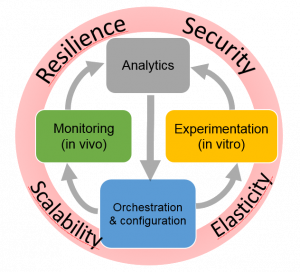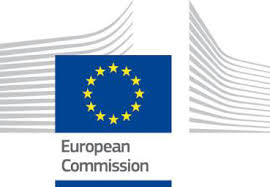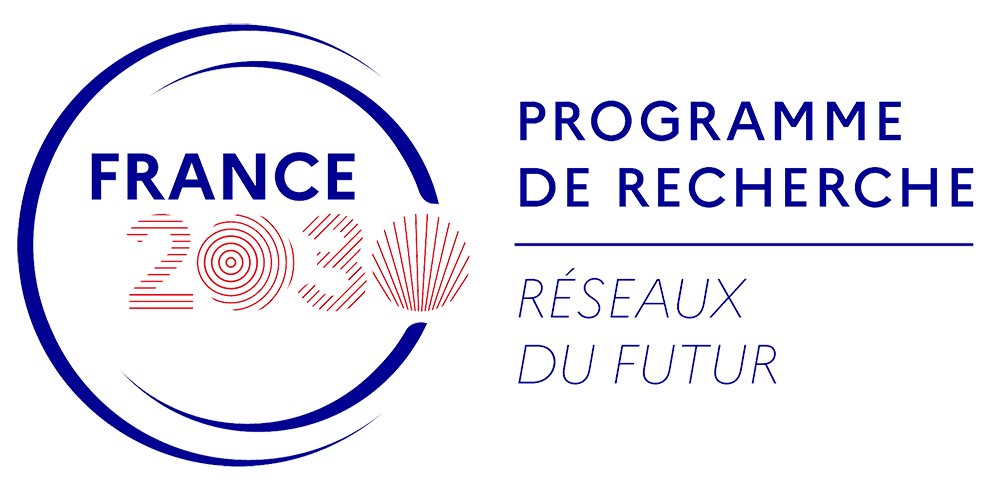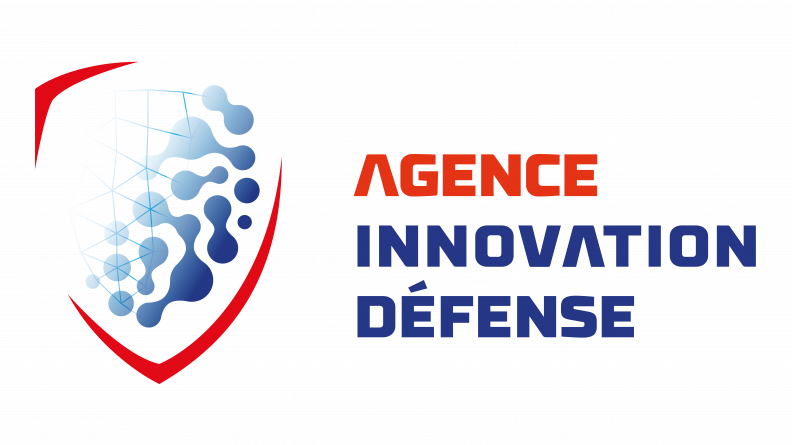Projects
Active projects in the platform

CyberGenAI
The main objective of the CyberGenAI associate team between Inria, DFKI (German Research Center for Artificial Intelligence) and Osaka Prefecture University, is to make robust ML techniques when they will face new types of attacks or when deployed within new environment despite the lack of large and comprehensive datasets.

DefMal
The DefMal project focuses on the fight against malware: a subject that affects the entire digital environment, including connected objects (IoT), embedded systems (drones), autonomous vehicles (cars), industrial systems (ICS/Scada) and, of course, the entire IT infrastructure (cloud, smartphones, firmware).

ENSEMBLE - HORIZON-CL3-2023-FCT-01-06
Technology advancements enhance everyday life, but they also provide numerous opportunities for the proliferation of advanced cybercrimes, which, via innovative tactics and techniques, pose serious security and financial risks to EU and beyond. ENSEMBLE aims to provide a well-rounded response to the fight against (cross-border) cybercriminal activities, at the nexus of advanced AI-based technological solutions, (multi-stakeholder) investigations processes, training, and awareness in order to detect and prevent cybercrime-related activities, with particular focus on ransomware, cyber fraud, data theft and extortion as well as unauthorised access and crypto-jackings.

SuperviZ
The SuperviZ project is part of the 'system security' axis of the PEPR cybersecurity program. It addresses the field of 'system, software and network security'. More precisely, it targets the detection, response and remediation to computer attacks, subjects grouped under the name of 'security supervision'.

HiSec
Networks, by virtue of their necessary openness and economic value, are preferred targets for attackers. The PEPR NF HiSec project develops new methods and tools to secure future networks.
Past projects
Notable projects that have used the platform in the past.

FUI HuMa
HuMa targets the analysis of Advanced Persistent Threats. APT are long and complex attacks which thus cannot be captured with standard techniques focused on short time windows and few data sources. Indeed, APTs may be several months long and involve multiple steps with different types of attacks and approaches.

Rapid Gorille
The aim of the Rapid Gorille (DGA) project is to improve the engine for detecting potentially malicious behaviour in various formats, including x86 executables. This project was carried out in collaboration with the start-up Cyber-Detect.

H2020 Concordia
A Cybersecurity Competence Network with leading research, technology, industrial and public competences. CONCORDIA provides excellence and leadership in technology, processes and services to establish an user-centric EU-integrated cyber security ecosystem for digital sovereignty in Europe.

H2020 Sparta
SPARTA will create a long-lasting community capable of collaboration to define, develop, share, and evolve solutions that will help practitioners prevent cybercrime and enhance cybersecurity.

NATO ThreatPredict
Predicting threats on the Internet: Inria, the International University of Rabat and Carnegie-Mellon University collaborated on the ThreatPredict project, funded by NATO's Science for Peace and Security (SPS) program. The ThreatPredict research project aimed to improve the prediction of threats on the Internet thanks to an original approach combining artificial intelligence, big data and data from heterogeneous sources.